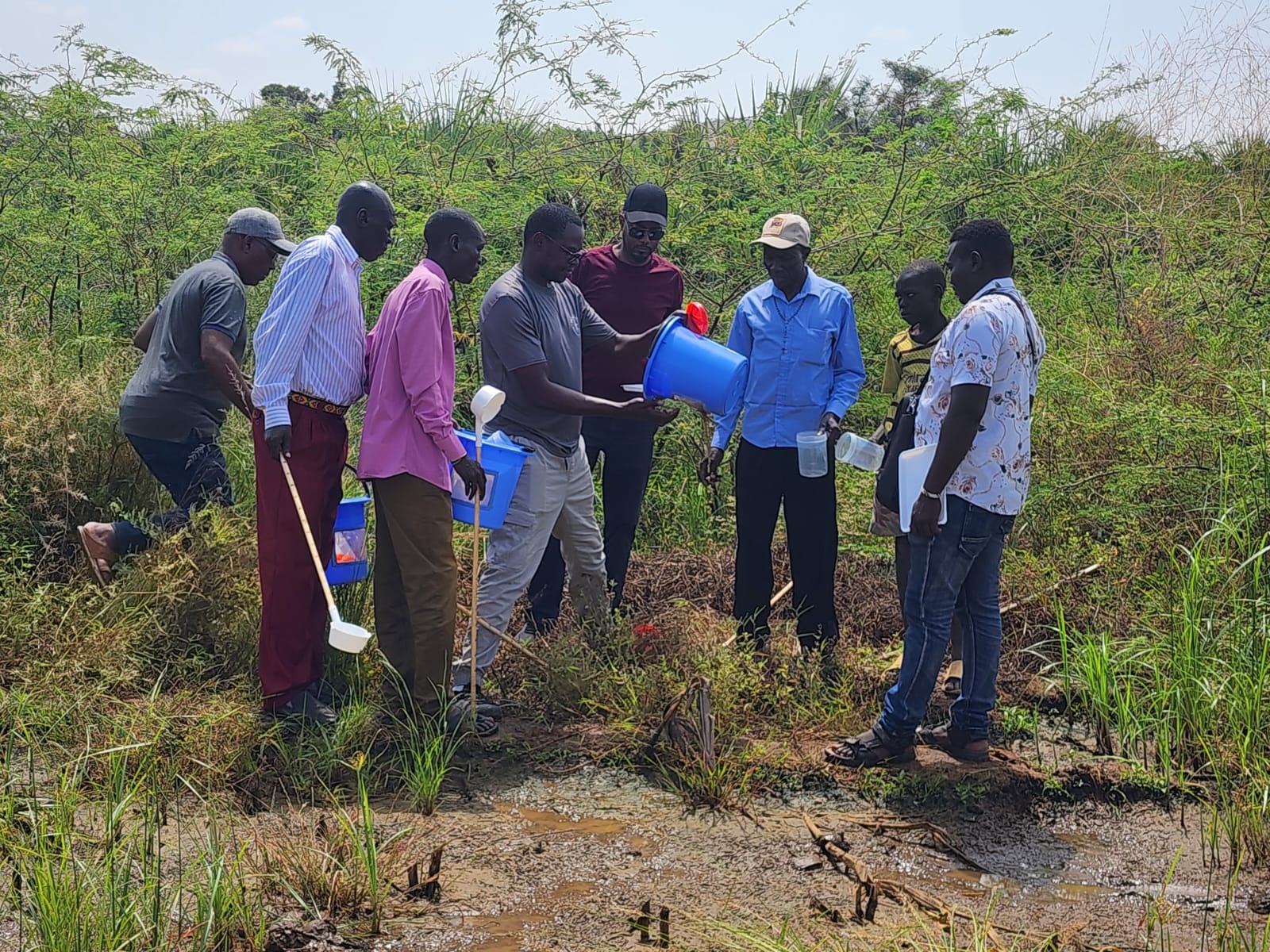
FIELDWORK: Ifakara, partners strengthen malaria vector surveillance in Kenya

From 28 July to 22 August 2025, the Ifakara Health Institute, through its AnoSTEP Project, conducted training and data collection in six counties of Kenya, implemented in collaboration with Research World and Kenya Medical Research Institute (KEMRI).
More than 20 field teams participated in intensive training sessions focused on identifying anopheles stephensi habitats, collecting and sorting larvae, and entering data into electronic forms. Site selection for this work was guided by a Bayesian statistical model developed in partnership with colleagues at Lancaster University, ensuring evidence-based and targeted interventions.
Why the training matters now
Stephensi is an invasive malaria vector increasingly threatening urban areas across Africa. Strengthening the ability of field teams to detect and monitor its spread is critical for early action and control. By equipping local teams with technical skills and data-driven tools, the AnoSTEP Project is building regional capacity to respond to emerging malaria challenges.
Field activities and next steps
Following the training, the newly skilled teams carried out data collection across the six counties. This marks a significant step toward advancing surveillance of stephensi in Kenya, with findings expected to inform national and regional strategies against malaria transmission.
Through such collaborative efforts, Ifakara and its partners aim to contribute to global understanding of anopheles stephensi in Africa.
